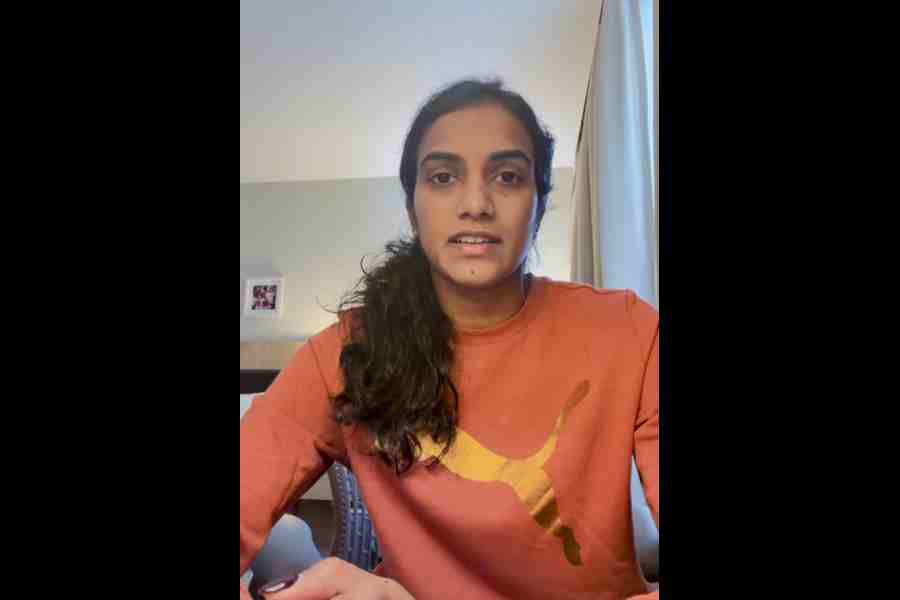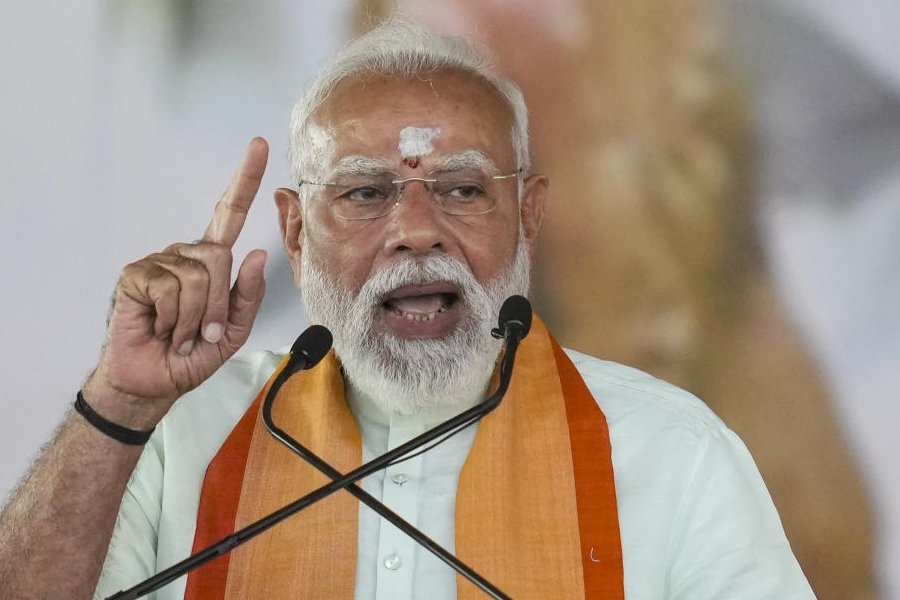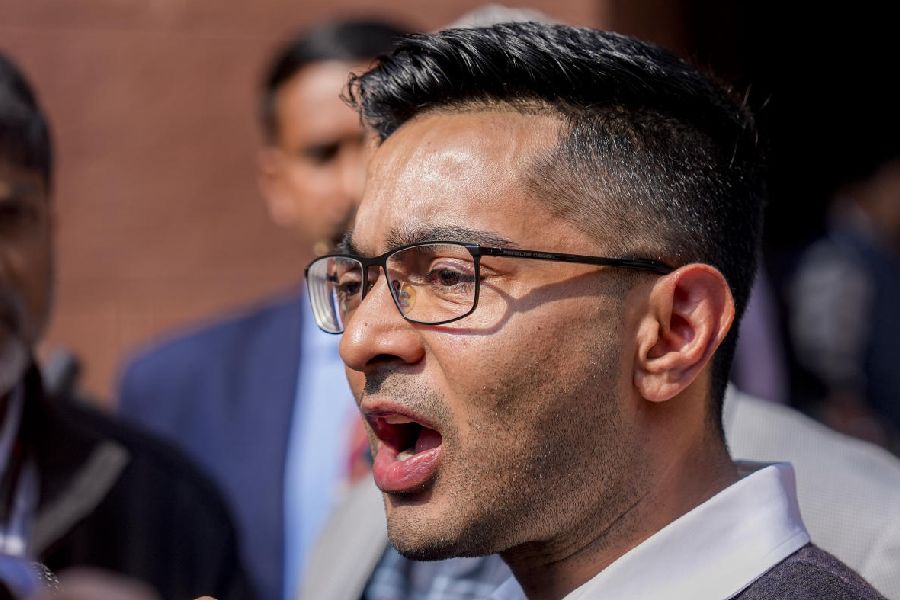Suparn Verma’s Haq revisits a turning point in Indian history through the story of one woman’s quiet defiance. Inspired by the 1985 Shah Bano case, the film explores how a personal fight for maintenance turns into a national debate on faith and justice.
Shazia Bano (Yami Gautam) is married to Abbas Khan (Emraan Hashmi), a successful lawyer from a traditional Muslim family. On the surface, they make a perfect pair — Abbas showers Shazia with love while she manages the house as a doting wife. But cracks soon appear. After Shazia delivers her third child, he brings home a second wife. Her world collapses.
As Shazia begins to feel unwelcome in her own home, she goes back to her father’s house, and takes the kids along. Abbas promises monthly financial support, but later stops sending money. When Shazia takes him to court to seek a monthly maintenance, Abbas, with a hurt ego, divorces her through instant triple talaq.
And thus begins Shazia’s fight for justice, which ostracises her in the society and invites the wrath of religious fundamentalists. What begins as a personal dispute becomes a larger question — can faith and equality coexist when law and belief collide?
Verma tells the story with nuance and restraint. There’s no loud background score or sentimental posturing. The tone remains calm, even when emotions run high. Verma avoids reducing the film to a debate on religion. Instead, he focuses on the interpretation of faith — how patriarchy hides behind it, and how knowledge becomes a woman’s weapon. The film ends on a powerful note, as Shazia says, “Iqra (read). Padh”.
For Suparn Verma, who once started as a journalist, this feels like a confident return to socially-charged storytelling. After producing Sirf Ek Banda Kaafi Hai, he continues to explore the intersection of faith and law — but this time through a woman’s perspective.
Reshu Nath’s writing is devoid of religious bias. The film’s message is clear: Patriarchy is the villain here, not any particular religion.
Abbas himself is not a religious person, and often indulges in habits (like drinking) that are forbidden in Islam. But when his male ego is bruised by Shazia, he hides behind religion to defend himself in court. Shazia’s rebellion grows not from anger, but from conviction. Her education, her understanding of the Quran, and her faith in herself give her the courage to fight.
Yami Gautam delivers one of her career-best performances. She plays Shazia with complete control. There are no theatrics, no desperate pleas for sympathy. Her strength lies in composure. From a subdued homemaker to a woman who stands up in court and questions society, Yami’s transformation is moving.
Emraan Hashmi doesn’t let Abbas become a one-note antagonist. He’s polite, well-spoken, yet emotionally distant and shrewd — the kind of man who hurts without raising his voice. Hashmi’s performance captures that hypocrisy perfectly. His courtroom scenes are the highlight of his performance.
The supporting cast adds weight. Danish Husain, as Shazia’s progressive father, is a delight to watch. Sheeba Chaddha lends an earnestness in her performance in the role of Shazia’s lawyer.











